In the era of modern technology, wireless charging has emerged as a revolutionary convenience. With its cable-free allure, it’s reshaping how we power up our devices. However, concerns linger—especially around battery health. Is wireless charging bad for your battery? The answer isn’t a simple yes or no. This guide delves into the science behind wireless charging, addresses common concerns, and provides actionable tips to optimize your battery life.

How Does Wireless Charging Work?
Wireless charging relies on a technology called electromagnetic induction. Here’s a breakdown of how it operates:
- Transmitter and Receiver Coils: The charging pad contains a transmitter coil, while your device has a receiver coil. These coils, typically made of copper, enable energy transfer without direct contact.
- Magnetic Fields: When the charger is powered, it creates a magnetic field. The receiver coil in your device converts this magnetic energy into electricity, charging the battery.
- Alignment Matters: Proper alignment between the coils is essential for efficient energy transfer. Misalignment can cause fluctuations, overheating, and slower charging speeds.

Does Wireless Charging Harm Your Battery?
Wireless charging, when used correctly, is generally safe for your battery. However, several factors influence its impact:
1. Heat Generation
Wireless charging generates more heat than wired methods. Heat is a primary factor that can degrade battery health over time.
Tips to Reduce Heat:
- Place your charger in a cool, well-ventilated space.
- Avoid using soft surfaces like beds, which trap heat.
- Consider chargers with built-in cooling features.
2. Charge Cycles
Your phone’s battery has a finite number of charge cycles. Wireless charging doesn’t inherently use more cycles, but frequent topping off can accumulate partial cycles and potentially reduce lifespan.
Best Practices:
- Keep your battery between 20% and 80%.
- Use high-quality wireless chargers with safeguards against overcharging.
3. Charging Speed
Wireless charging is typically slower than wired charging, especially when using lower-quality chargers. This could mean prolonged exposure to heat during charging sessions.
Optimizing Speed:
- Invest in wireless chargers that support fast-charging protocols.
- Check your phone's compatibility with high-speed charging pads.
Benefits of Wireless Charging
Despite its nuances, wireless charging offers several advantages:
- Convenience: Eliminates the hassle of cables and connectors.
- Durability: Reduces wear and tear on charging ports.
- Versatility: Many wireless chargers are compatible with multiple devices, including phones, earbuds, and smartwatches.
Addressing Common Concerns
Is It Okay to Leave Your Phone on a Wireless Charger Overnight?
Modern devices are equipped with battery management systems that prevent overcharging. While occasional overnight charging is fine, frequent overnight sessions may slightly affect long-term battery health.
Does Wireless Charging Waste Energy?
Yes, wireless charging is less efficient than wired methods. It typically uses more electricity due to energy lost in the transfer process.
Can You Use Your Phone While Charging?
Using your phone during wireless charging can generate extra heat, especially during intensive tasks like gaming or streaming. This heat can strain the battery.
5 Essential Tips for Prolonging Battery Life
-
Maintain an Optimal Charge Range
Keep your battery level between 20% and 80% to reduce strain. -
Invest in Quality Chargers
High-quality pads and adapters reduce risks of overheating and inefficient charging. -
Minimize Heat Exposure
Charge in a cool area and avoid using your phone during charging. -
Limit Fast Charging
Reserve fast charging for emergencies to minimize battery wear. -
Adopt Good Charging Habits
Don’t let your phone die frequently or stay at 100% for long periods.

Conclusion
Wireless charging is a convenient, efficient way to keep your devices powered, but its impact on battery health depends on how it’s used. By understanding the science, addressing potential concerns, and adopting good practices, you can enjoy the benefits of wireless charging without compromising your battery’s longevity. Choose quality equipment, stay mindful of heat, and maintain balanced charging habits to ensure your device performs at its peak.
Embrace the wireless future responsibly, and your battery will thank you!
Related reading:

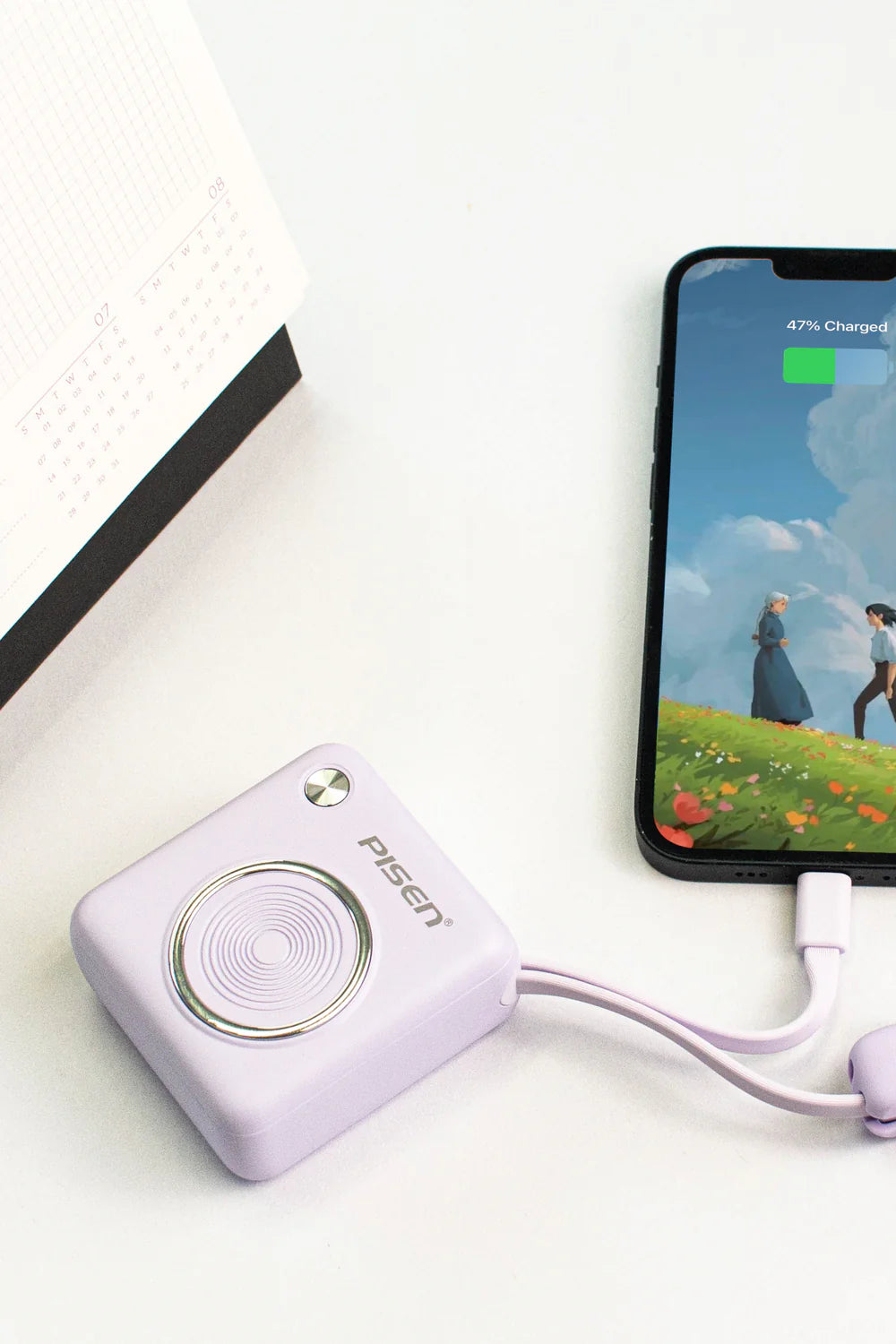
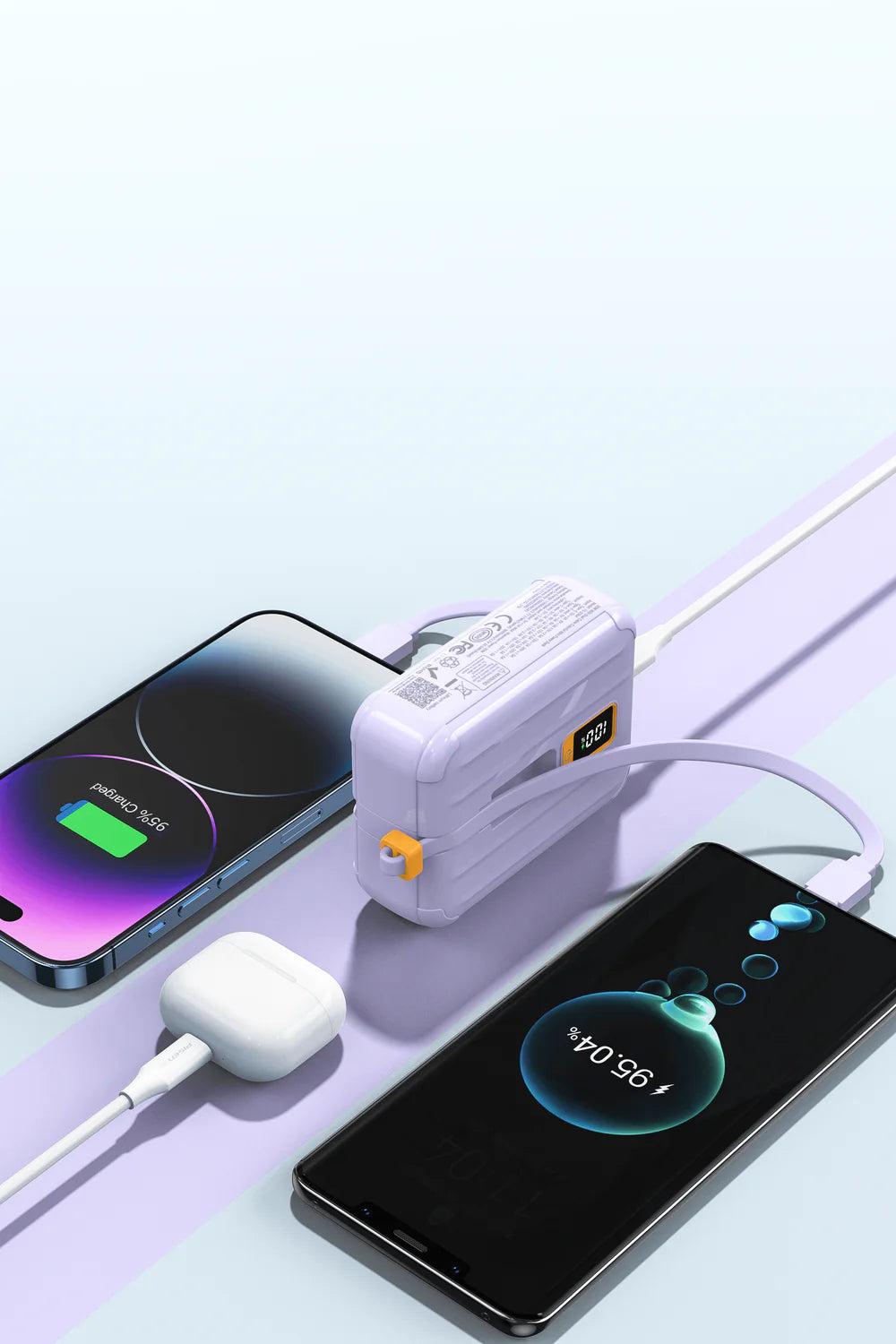



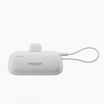
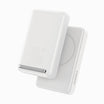
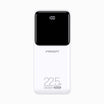
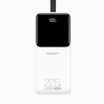
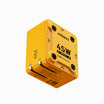
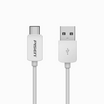
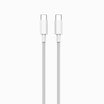
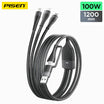
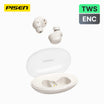

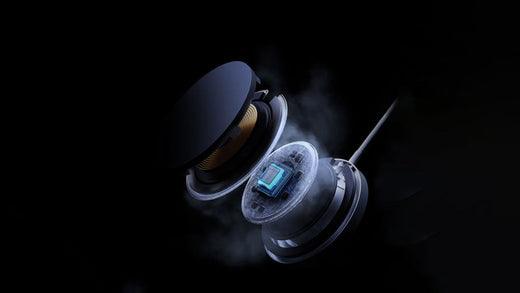
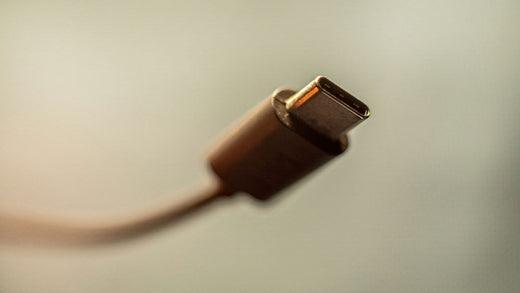
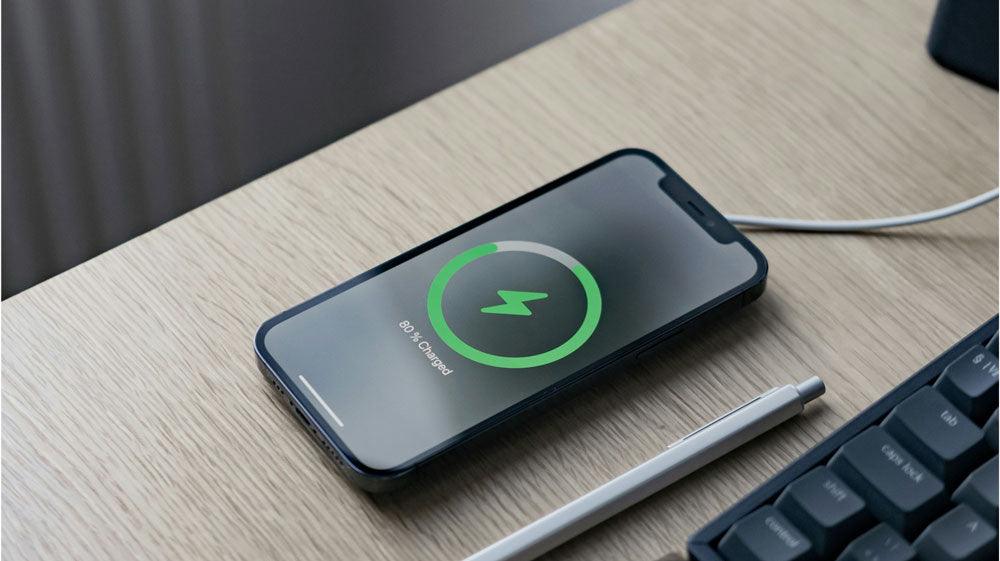
Leave a comment
This site is protected by hCaptcha and the hCaptcha Privacy Policy and Terms of Service apply.